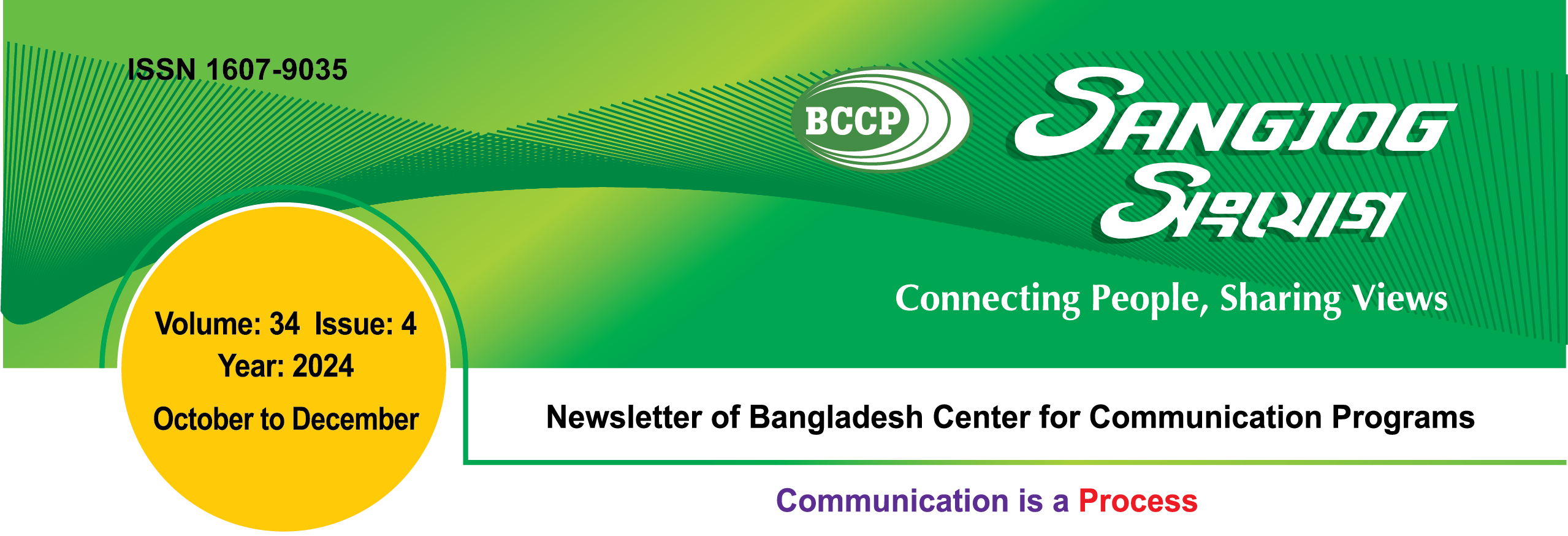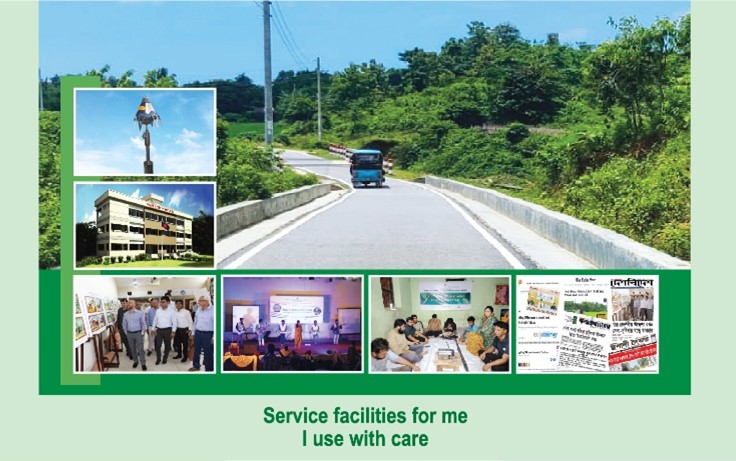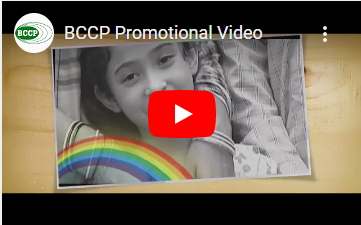Editorial: Shaping a Better Future Through Strategic Communication
The path to a better society is surfaced with our ability to communicate effectively, share ideas, and inspire change. Across the world, strategic communication has emerged as an important tool in addressing complex social challenges, uniting people around shared goals, and fostering sustainable development. From global vaccination drives to grassroots initiatives for gender equity, communication has consistently proven its power to transform lives. Bangladesh, with its vibrant history of social progress, demonstrates how thoughtful communication can drive meaningful change. Global experiences blended with Local Insights brought campaigns like UNICEF’s "Meena" contributed promoting girls’ education in South Asia, and the worldwide movement to eradicate polio, illustrate how culturally tailored and strategically planned communication can achieve remarkable outcomes. These programs succeeded by understanding their audiences, addressing specific barriers, and mobilizing communities through accessible and impactful messaging. In Bangladesh, these global lessons resonate strongly. Over the decades, communication initiatives in our country have tackled diverse issues, from health to education and beyond. However, the challenges of cultural diversity, resource limitations, and evolving societal norms make Bangladesh a unique case study in the effective application of strategic communication. Success Stories in Bangladesh on Strategic communication has a proud legacy. BCCP’s “Green Umbrella” campaign increased health clinic utilization, while programs like “Smiling Sun” promoted healthy behaviors in nationwide underprivileged communities. Adolescent life-skills education initiatives have empowered many young people confidently. Under the Emergency Multi-Sector Rohingya Crisis Response Project (EMCRP), BCCP, in partnership with LGED and supported by the World Bank, is successfully implementing communication strategies to promote social cohesion and self-responsibility among both host communities and Forcibly Displaced Myanmar Nationals (FDMN) in Cox’s Bazar. Through carefully crafted messages, interactive community engagement, and capacity-building activities, this project is an evidence-based ongoing example to become a model of how communication can foster harmony and promote self-responsibility. BCCP’s initiatives also extend to combating child labor, preventing early marriage, and promoting mental health. These programs have not only addressed pressing societal concerns but also empowered communities to take ownership of their development. Despite these successes, challenges remain—especially in changing entrenched mindsets, addressing misinformation, and ensuring inclusivity across rural and underserved populations. The willingness of BCCP’s commitment to advancing strategic communication is demonstrated by its annual "Advances in Strategic Communication" workshop. Now in its 28th year, this flagship initiative has empowered approximately 600 mid- to high-level development professionals who are now contributing significantly to social progress. These professionals remain connected through an alumni, fostering a network of changemakers dedicated to driving development across sectors. Lessons and Opportunities While celebrating successes, it is important to reflect on lessons learned. For instance, campaigns targeting vaccine misinformation have highlighted the need for stronger trust-building in rural areas. Similarly, addressing gender-based violence demands more than messaging—it requires comprehensive societal engagement to challenge and change deep-rooted norms. The digital era presents new opportunities and challenges. Expanding digital outreach while ensuring inclusivity for those without internet access is essential. Moreover, cultural and linguistic diversity must be at the forefront of campaign design, ensuring that no community is left behind. We can continue to lead transformative campaigns, foster partnerships, and build capacity within local communities. With frameworks like the P-Process guiding its approach, BCCP experienced systematic planning, audience-centered design, and measurable outcomes for every initiative and is ready to transform this experience to others. A Collective Call to Action Social change is a shared journey, and strategic communication is the vehicle that drives us forward. In Bangladesh, the road ahead is clear: harness communication to tackle pressing challenges like climate adaptation, education equity, and health disparities. Together, we can amplify the voices of the underserved, foster greater cohesion, and inspire sustainable development. Building on past achievements by strategic communication, embracing innovation, and staying resolute, a new Bangladesh—led by its youth and change-welcoming experienced leaders—can transform aspirations into reality, one message, one campaign, and one life at a time for a dream socially developed prestigious Bangladesh “Independent Bangladesh or Martyr”. BCCP envisions this patriotic journey for 2025 with renewed hope.






